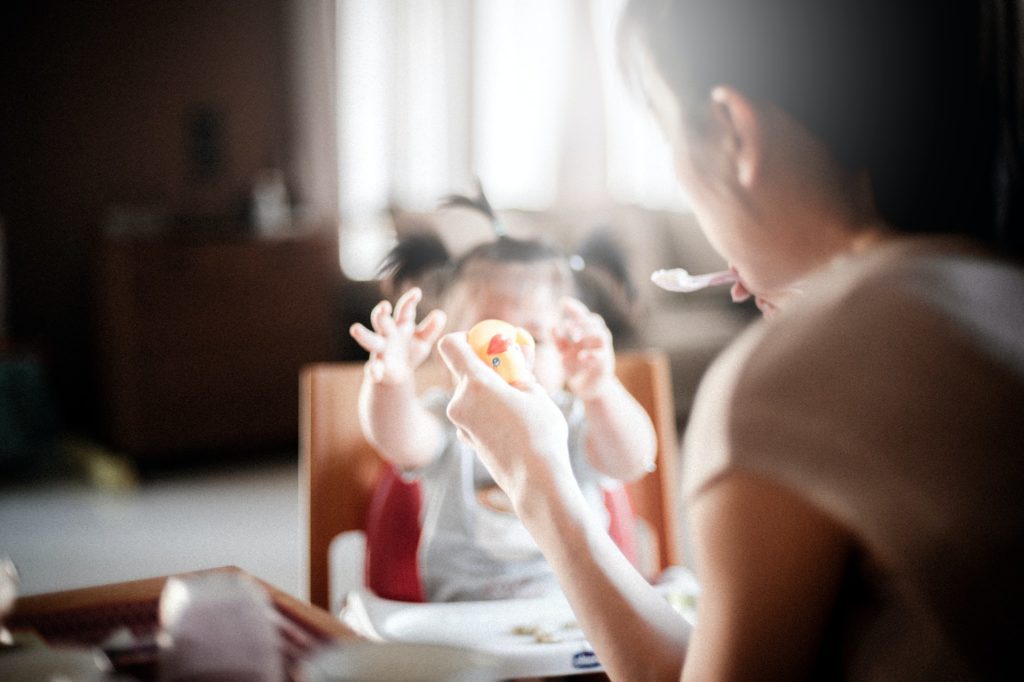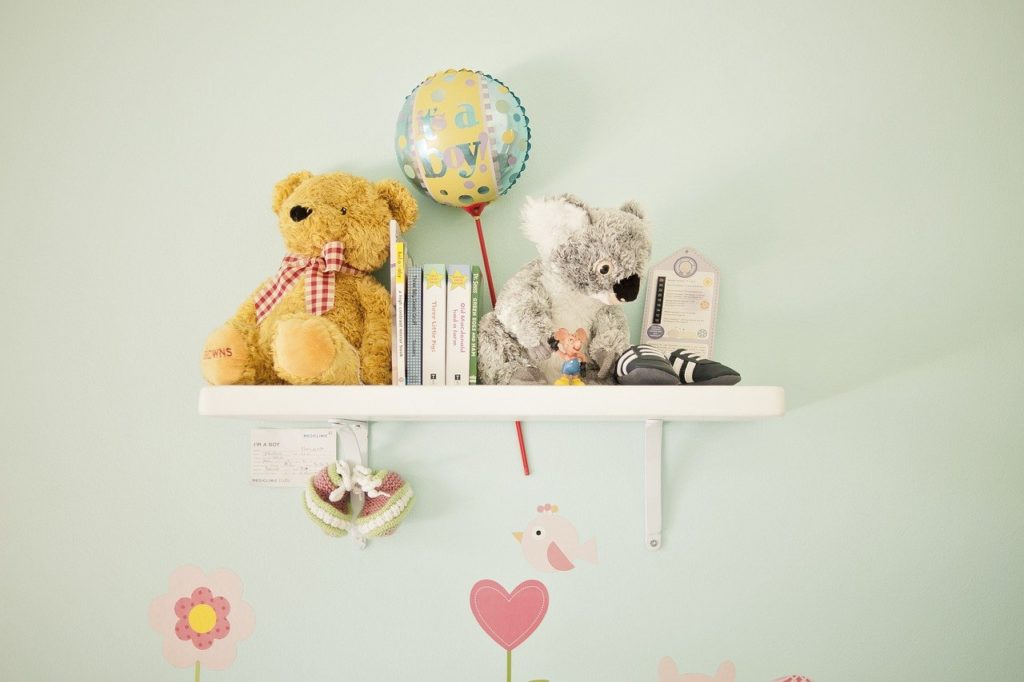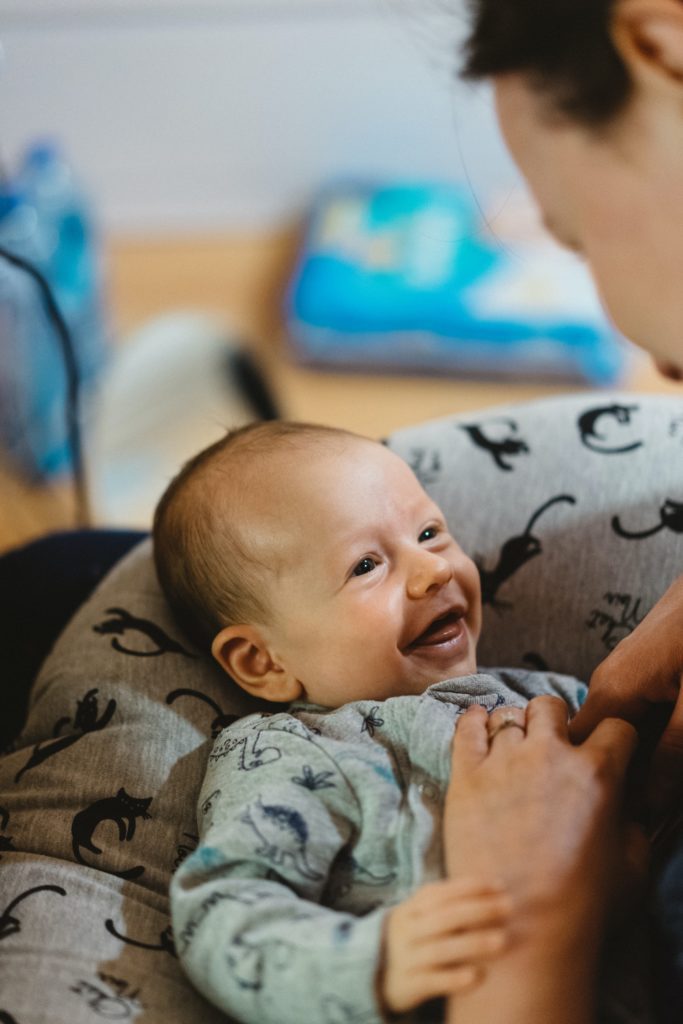When is baby too big for bassinet? As their kid gets older, many parents wonder about this. There may come a point when a bassinet is no longer suitable for a baby to sleep in, despite its usefulness during...
When is baby too big for bassinet? As their kid gets older, many parents wonder about this. There may come a point when a bassinet is no longer suitable for a baby to sleep in, despite its usefulness during the first few months. This article will cover the topic of what to do when your baby outgrows their bassinet.
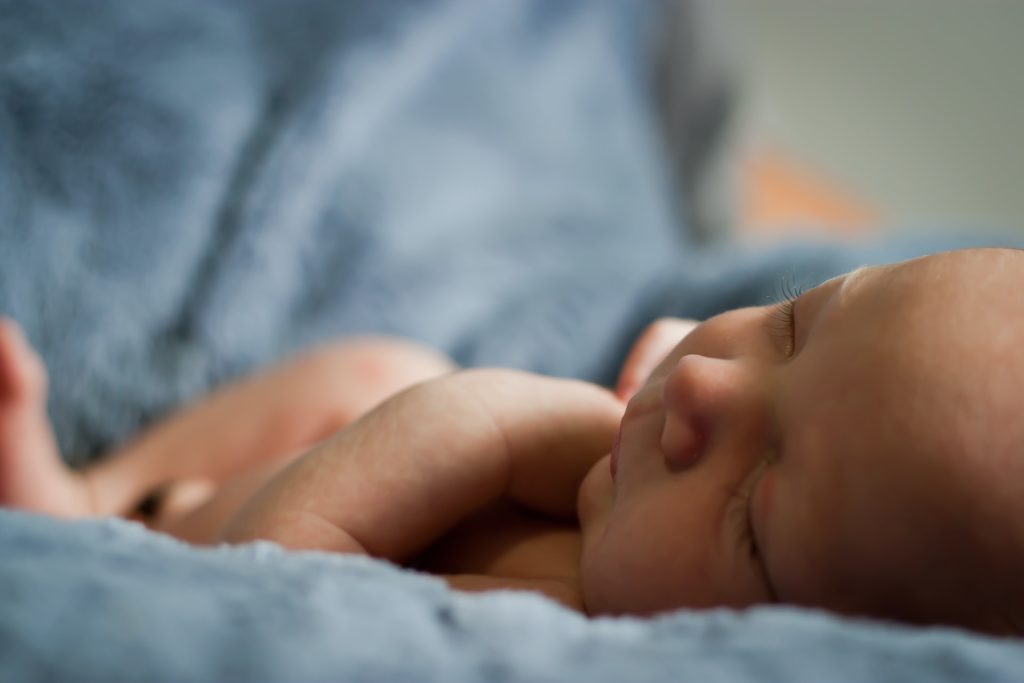
A bassinet is a small, portable bed specifically for infants. Bassinets are often made of cloth or mesh sides on a metal or plastic frame so that parents can see their baby at all times. They usually come with a canopy to protect the baby from drafts and light, as well as storage pockets for the babyís things. Some have rocking or gliding bases, and some even come with wheels so they can be easily moved from room to room.
Why Is A Bassinet Useful?
The safe and cozy environment provided by a bassinet makes it the best choice for a newbornís first few months of life. Here are some other benefits of bassinets:
1. Bassinets are smaller and lighter than cribs, making them easier to move from room to room. This can be particularly helpful for parents who want to keep their baby close by during the night.
2. Bassinets have high sides that help to prevent babies from rolling out or falling out of bed. This can give parents peace of mind, knowing that their child is safe and secure.
3. The removable mattress in a bassinet makes it easy to clean up any messes or accidents. This can be a big advantage over cribs, which can be difficult to clean due to their larger size and complicated construction.
4. Bassinets often come with handy features, such as storage baskets, changing tables, or rocking bases. This can make life easier for parents by providing everything they need in one convenient location.
5. Many bassinets are designed to convert into a toddler bed, making them a wise investment for the long term. This can save parents the expense of buying a new bed for their children when they outgrow the bassinet.
When Is Baby Too Big For Bassinet?
At some point, your child will outgrow his crib and need to move to a more suitable sleeping arrangement. Consequently, itís crucial to be alert for signs. You can tell itís time to move on from the crib to the bassinet by a few key indicators. If your baby has outgrown its bassinet, which typically fits babies up to 20 pounds, itís time to make the switch.
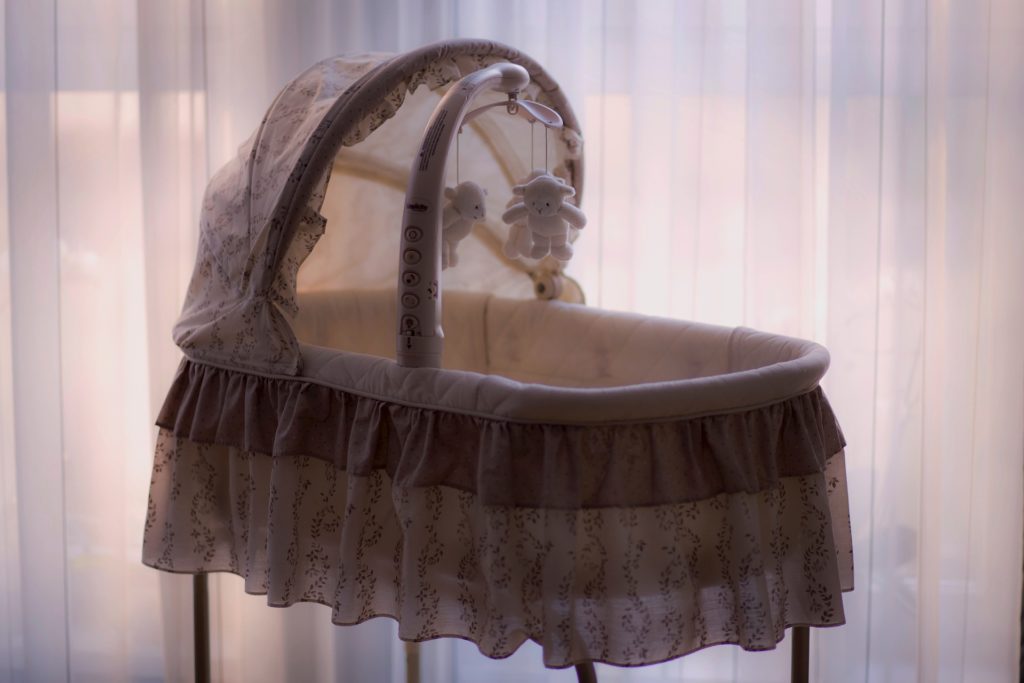
However, certain hints might not be so clear at first. Is he becoming agitated when you put him down? Does he cry themselves to sleep occasionally? Does he wake up feeling stuck or squeezed, perhaps against the side or bottom of the bassinet? If your infant exhibits these behaviors, it may be time to upgrade from the bassinet.
Weight Limitations
Each bassinet has a maximum weight capacity, so itís important to double-check that your child is still well under that threshold. Most modern bassinets can only support a maximum of 20 to 25 pounds. Some models can accommodate infants as small as 10 lbs, while others can hold children as heavy as 30 lbs.
Although your kid may outgrow the bassinet in some other way before he hits the weight restriction, itís still crucial to be aware of the limit for the type you have at home.
While itís quite improbable that your kid would shatter the bassinet if he or she is heavier than the recommended weight, the limits are nonetheless there for safety purposes. Itís more likely that the bassinet wonít be as stable with your baby in it, making it more likely to tip over if itís bumped or if your baby makes a lot of sudden movements.
Discomfort Begins
The mattress in the bassinet is no longer comfortable for your baby. If they seem restless or fussy in their bassinet, it could be because the mattress is uncomfortable or too small. An uneasy bassinet could be the cause of your babyís increased waking times. Babies outgrow their bassinets when they reach this point.
In their restless motions, babies may find themselves in an uncomfortable posture, jolting them awake. If this sounds like the case, itís time to start shopping for a crib so your baby can have more room to grow.
Can Sit Unassisted
Babies typically begin to sit up unassisted between the ages of four and six months. At this age, itís time to think about upgrading from the bassinet to a crib. This is because they will be able to sit up and peer out of the bassinet, which is not a safe practice.
Baby will benefit from the back and side support provided by a crib when they begin to sit up on their own. If your infant is just learning to crawl, a crib may be a wonderful idea. They can escape the bassinet and injure themselves if left unattended.
Getting Taller
This usually happens when theyíre around 3-6 months old, but it can vary depending on their size and development. There are a few things to look for to know if itís time to make the switch: if they can stand up or their head is higher than the top of the bassinet, itís time to move them to a crib. Making the switch to a crib will give them more space to move around and stretch out, and will help ensure theyíre safe and comfortable during naps and bedtime.
What Are Bassinet-To-Crib Safety Guidelines?
1. Make sure the crib is fully assembled before moving your baby. All of the slats should be in place and the mattress should be at the proper height.
2. Inspect the crib for any loose or missing parts. If you notice anything that doesnít seem right, donít use the crib until youíve made the necessary repairs or replacements.
3. Carefully read all of the manufacturerís instructions before moving your baby into the crib. This will help you understand how to properly use the crib and avoid any potential hazards.
4. Position the crib away from windows, cords, or other potential hazards. Your babyís sleeping area should be as safe and secluded as possible.
5. When placing your baby in the crib, use a firm mattress and make sure all of the bedding is snug and secure. Loose sheets or blankets could pose a suffocation risk, so itís important to take extra care with these items.
6. Lastly, always monitor your baby while theyíre sleeping in their new crib. If you notice any unusual sleep patterns or behaviors, contact your childís doctor immediately.
Final Thoughts
There is no hard and fast rule about when a baby outgrows a bassinet. However, it is suggested that you transition your kid to a crib before he or she starts walking. The baby has to be moved to a crib if you see any of the above indicators. Always check with your doctor if you have any doubts or concerns, and remember to follow all safety requirements while transferring your infant to a crib.





